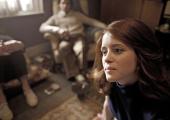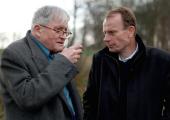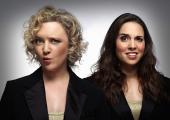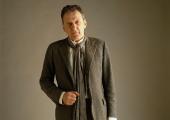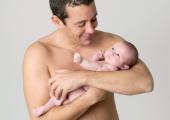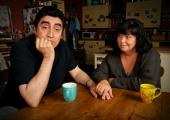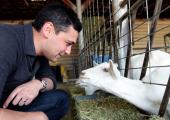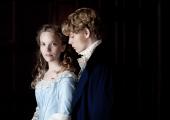The Sarah Millican Television Programme, BBC Two
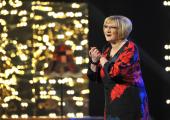
A so-so start to the stand-up's debut series
There comes a point in every successful stand-up's career when television executives start calling. First it's appearances on panel and quiz shows, then a solo programme that showcases their live talents - but what then? Not everyone is a Graham Norton or a Dara Ó Bríain - both instant hits in whatever format TV can throw at them - so producers keep trying to invent a twist on well-tried formats when they shepherd a new star into the spotlight.

